Real Time Drowsiness Detection System using Machine Learning
Problem Definition
Problem Description:
The issue of drowsy driving is a serious problem that leads to numerous accidents and injuries on the road. With the increasing number of individuals driving their own vehicles, the risk of accidents due to drowsiness is also on the rise. Traditional methods of drowsiness detection may not be effective in real-time scenarios, leading to delays in alerting the driver and preventing mishaps.
There is a need for an efficient and accurate real-time drowsiness detection system that can detect signs of fatigue, such as drooping eyelids and yawning, and alert the driver promptly to avoid accidents. The proposed machine learning approach for real-time drowsiness detection aims to address this issue by using facial feature detection, eye fatigue calculation, and yawning detection to accurately identify drowsiness in drivers.
This system will help in significantly reducing the number of accidents caused by drowsy driving and improve road safety.
Proposed Work
This research work focuses on developing a machine learning approach for real-time drowsiness detection to prevent accidents caused by driver fatigue. Drowsiness can lead to a decrease in consciousness and result in loss of control of the vehicle, potentially leading to serious injuries or accidents. With the increasing number of people owning personal vehicles, road safety has become a major concern worldwide. In this study, a novel method for drowsiness detection is proposed, consisting of three phases: facial feature detection using Viola Jones, fatigue calculation based on eye movement, and yawning detection. The system utilizes artificial neural networks and machine learning algorithms for efficient classification in real-time scenarios.
This research falls under the category of Image Processing & Computer Vision and falls specifically under subcategories such as Image Classification, Image Recognition, and Neural Networks. The modules used include Basic Matlab and Artificial Neural Network, highlighting the optimization and soft computing techniques employed in the proposed system.
Application Area for Industry
This project's proposed solutions for real-time drowsiness detection can be applied in various industrial sectors such as transportation, logistics, and automotive industries. In the transportation sector, drowsy driving is a significant issue that can lead to accidents, injuries, and even fatalities. Implementing this machine learning approach can help trucking companies, taxi services, and public transportation organizations improve driver safety and reduce the number of accidents caused by drowsiness. In the logistics industry, where drivers are often on the road for long hours, drowsiness detection can ensure that drivers are alert and able to deliver goods safely and on time. In the automotive industry, integrating this system into vehicles can enhance road safety for all drivers and passengers.
Specific challenges that these industries face include ensuring driver safety, reducing the number of accidents caused by drowsiness, and improving overall road safety. By implementing this real-time drowsiness detection system, industries can proactively address these challenges by detecting signs of fatigue in drivers and alerting them promptly to prevent accidents. The benefits of implementing these solutions include reducing the risk of accidents, injuries, and fatalities, improving driver performance and productivity, and enhancing overall road safety for all road users. Moreover, the use of artificial neural networks and machine learning algorithms in this system demonstrates the efficiency and effectiveness of modern technologies in addressing critical issues related to driver fatigue and drowsy driving.
Application Area for Academics
The proposed project on real-time drowsiness detection using machine learning techniques has immense potential for research by MTech and PhD students in the field of Image Processing & Computer Vision. This project offers a novel approach to addressing the serious issue of drowsy driving, which poses a significant risk of accidents on the road. By utilizing facial feature detection, eye fatigue calculation, and yawning detection, this system can accurately identify signs of driver drowsiness in real-time scenarios. MTech and PhD students can leverage this research for innovative research methods, simulations, and data analysis in their dissertations, theses, or research papers.
The relevance of this project lies in its potential applications in advancing road safety and reducing accidents caused by drowsy driving.
Researchers can use the code and literature from this project to explore new avenues in image classification, image recognition, and neural networks within the context of drowsiness detection. By employing artificial neural networks and machine learning algorithms, researchers can enhance the efficiency and accuracy of real-time drowsiness detection systems.
Furthermore, this project covers optimization and soft computing techniques, providing a comprehensive platform for researchers to explore cutting-edge technologies in their research endeavors. MTech students and PhD scholars specializing in Image Processing & Computer Vision can benefit from the insights gained through this project, using it as a foundation for their own research in related domains. The future scope of this project includes potential collaborations with industry partners to implement and test the real-world effectiveness of the proposed drowsiness detection system.
Overall, this project offers a valuable contribution to the research community and presents exciting opportunities for innovative research and development in the field of road safety and driver fatigue prevention.
Keywords
drowsy driving detection, real-time drowsiness detection, driver fatigue prevention, road safety improvement, machine learning approach, facial feature detection, eye fatigue calculation, yawning detection, artificial neural networks, image processing, computer vision, image classification, image recognition, neural networks, optimization techniques, soft computing techniques, Matlab, drowsiness alert system, accident prevention, driver alert system
| Shipping Cost |
|
No reviews found!






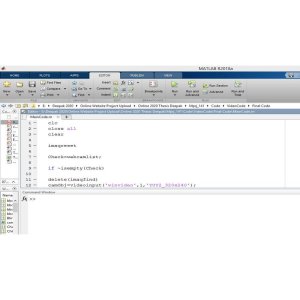
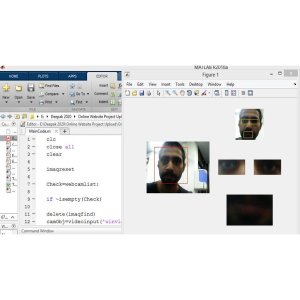










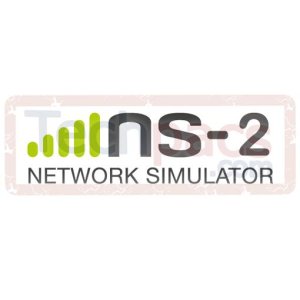
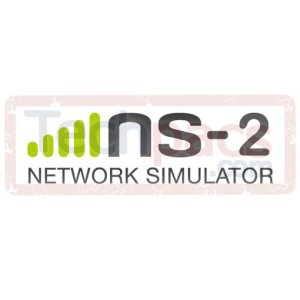
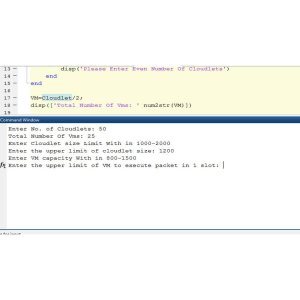
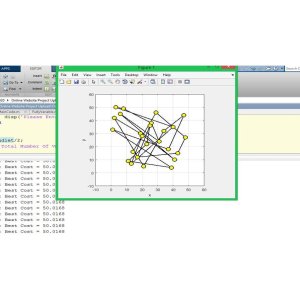
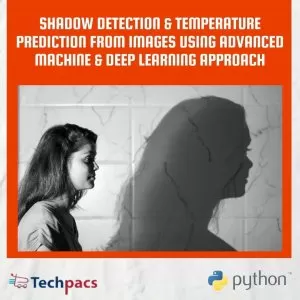
































No comments found for this product. Be the first to comment!